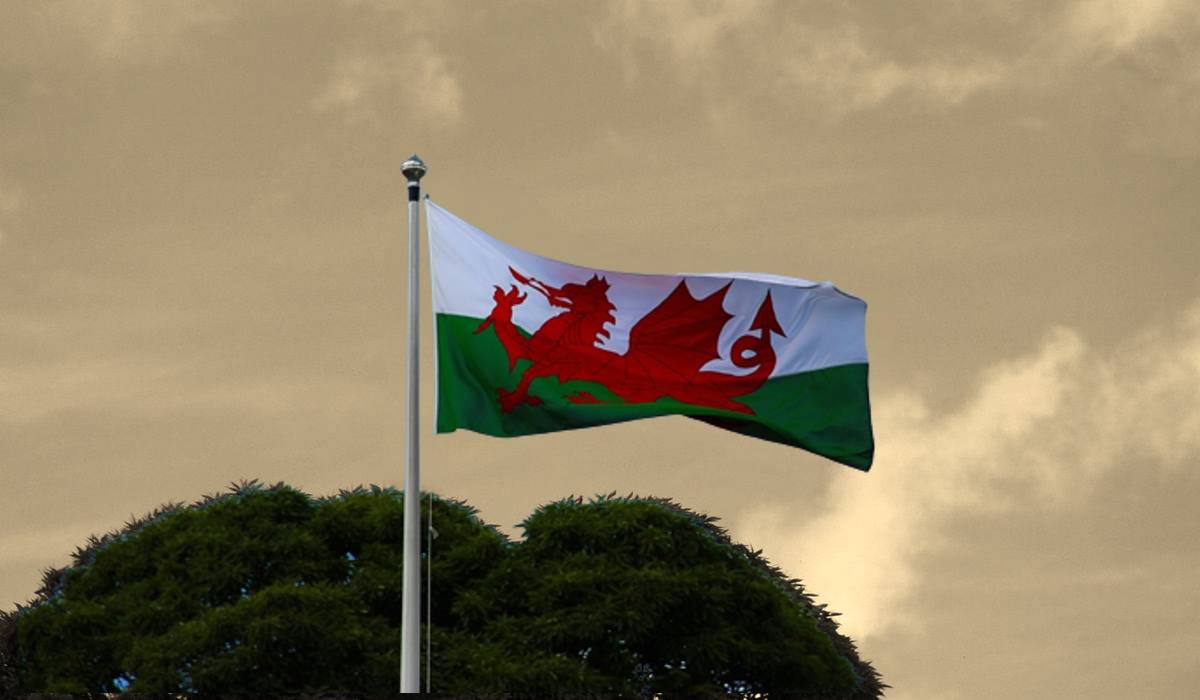The Forgotten Truth: Wales’ Complicity In The Transatlantic Slave Trade
- TDS News
- Trending
- United Kingdom
- October 26, 2023

Exploring history often forces us to confront the painful past of nations, particularly those entangled in colonialism and the grim legacy of slave ownership. As journalists, our duty extends beyond simply disseminating information; it is a commitment to exposing even the darkest chapters, fostering awareness rather than allowing history to remain concealed. The title of “journalist” is not an arbitrary distinction; it represents a profound dedication to the unvarnished truth and the responsible delivery of that truth.
Wales, a remarkable part of the United Kingdom, harbors a history as diverse as it is intricate. Its narrative is a tapestry woven from threads that include colonization, the transatlantic slave trade, and the exploitation of the Afro-Caribbean/American people. Nestled west of England, Wales boasts a unique cultural heritage, complete with its language, Welsh. The Welsh people maintain an unbreakable bond with their homeland, a history marked by indomitable resilience to remain independent from England. Yet, its role in colonization and the slave trade was profound.
While Wales’ involvement in the transatlantic slave trade is perhaps less renowned than that of other regions in the United Kingdom, it is a chapter of history rife with suffering. The Welsh ports played a pivotal role in the gruesome trade of enslaved Africans. Ports like Liverpool, Bristol, and London may dominate the annals of infamy. Still, Welsh counterparts like Cardiff and Swansea were complicit in this movement of goods destined for plantations and served as departure points for ships playing a significant role in the slave trade. The tragic tale of the slave ship Hannibal, captained by the notorious Captain Phillips, is a stark reminder of this horror.
In 1694, the slave ship Hannibal set sail from the African coast to the Caribbean under the command of Captain Phillips. This voyage, however, would go down in history as a harrowing tragedy, revealing the horrifying depths of the transatlantic slave trade’s inhumanity.
The slave ship Hannibal, too, was a vessel of unspeakable horror. Carrying nearly 700 enslaved individuals, only a fraction of just under 300 would survive to reach the shores of the New World. The brutality that unfolded on board defies adequate description. These hapless souls were subjected to unimaginable torture, frequent beatings, and dehumanizing branding with the letter ‘H,’ reducing them to the status of mere commodities. The pervasive despair drove some to desperate measures, with suicide by leaping overboard providing a grim escape. For those who did not take this path, Captain Hannibal and his crew resorted to ghastly methods, including limb amputations and murder, as a cruel means of instilling terror and quashing any hopes of rebellion. Men, women, and children were heartlessly separated and subjected to treatment that stripped them of their humanity, condemning them to an existence devoid of dignity.
Captain Phillips’ name is forever associated with the brutality he oversaw on the Hannibal, making him infamous for his role in the suffering of countless individuals. Another dark figure from this period is Lieutenant-General Thomas Picton of the British Army, who gained notoriety for his barbaric treatment, torture and murder of slaves. Picton’s practices exemplify the depths of cruelty some were willing to descend during this era, leaving an indelible stain on history. These accounts underscore the grim realities of the transatlantic slave trade and the terrible suffering endured by those caught in its merciless grip.
Wales’ participation in the transatlantic slave trade also involved transporting goods like wool for clothing the enslaved and copper for housing the sugar produced on the plantations. Slavery brought immense wealth to Welsh families, funding the construction of opulent mansions while Africans endured the brutal journey across the Americas and the Caribbean.
At the peak of the transatlantic slave trade, Welsh merchants and shipowners actively participated in the forced transportation of Africans to the Americas. While precise figures may be elusive, historians concur that Wales had significant involvement in this brutal trade. Records from the 1837 Slave Compensation Act expose the compensation received by numerous Welsh individuals and institutions for the loss of enslaved labor after abolition. These historical records serve as poignant reminders of Wales’ complicity in the tragic narrative of the slave trade. The reverberations of this legacy persist, fueling discussions about colonialism and slavery in Wales and far beyond.
Coming to terms with a history so profoundly entwined with colonization and slavery is a formidable challenge. It is especially demanding for individuals and communities whose forebears were both colonizers and slaveholders. However, as journalists, we are duty-bound to provide our readers with truthful and unvarnished accounts of these uncomfortable truths, rather than allowing them to languish in obscurity.
Confronting a history deeply intertwined with colonization, slavery, and exploitation is daunting. Still, our duty as journalists is to illuminate these dark corners of our shared past rather than relegate them to obscurity. Like the world, Wales grapples with a complex and often disconcerting history linked to colonization, slavery, and exploitation. Our responsibility as journalists is to confront this history with an unwavering commitment to truth, transparency, and empathy and to continue striving for a more just and equitable global society. This uncomfortable reality forces us to recognize the profound impact of the slave trade on the development of Wales as a nation, with its legacy extending into the present day.








